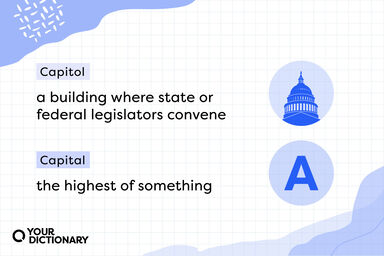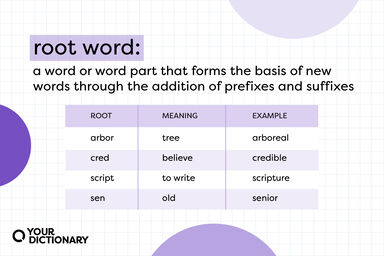The Port of London Authority, as constituted by the act of 1908, is a body corporate consisting of a chairman, vice-chairman, 17 members elected by payers of dues, wharfingers and owners of river craft, I member elected by wharfingers exclusively, and To members appointed by the following existing bodies - Admiralty (one); Board of Trade (two); London County Council (two from among its own members and two others); City Corporation (one from among its own members and one other); Trinity House (one).
When on the last day of the year 1600 Queen Elizabeth granted a charter to George, earl of Cumberland, and other "adventurers," to be a body-corporate by the name of " The Governor and Company of Merchants of London trading with the East Indies," the expressed recognition of higher duties than those of commerce may by some be deemed a mere matter of form, and, to use the words of Bacon, " what was first in God's providence was but second in man's appetite and intention."
In 1524 the burgesses were exempted from appearing at the shire and hundred courts, and in 1583 the body corporate was reconstructed under the title of mayor and commonalty, and power was granted to make by-laws and to punish offenders.
There are no early charters extant, but in 1586 Elizabeth acknowledged the right of the mayor and burgesses to be a body corporate and to hold a court for pleas under forty shillings, two weekly markets and four annual fairs - which rights they claimed to have exercised from time immemorial.
The county council is a body corporate with power to hold lands.





